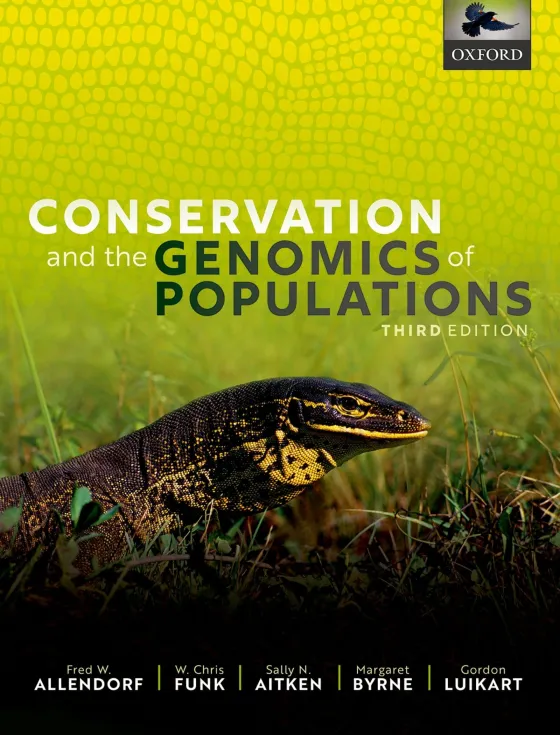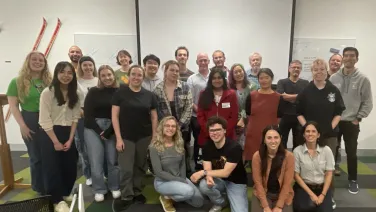
Conservation and the genomics of populations
This 3-day workshop presented by Fred Allendorf and other guest speakers will provide a comprehensive overview of the essential background, concepts, and tools required to understand how genetics and genomics can be used for conservation and management.
Speakers
Event series
Cost
This workshop is supported by the CBA and is free for students, ECRs and other interested conservation biologists. However, due to demand and workshop expenses, $150 will be charged for no-show without reasonable notice/explanation.
About
New genomic techniques and statistical analyses are crucial tools for the conservation geneticist. This 3-day workshop will provide an essential toolkit grounded in population genetics theory, coupled with basic and applied research examples from plants, animals, and microbes. It will provide a comprehensive overview of the essential background, concepts, and tools required to understand how genetics and genomics can be used to conserve species, reduce the threat of extinction and manage species of ecological or commercial importance.
The workshop will be based on Allendorf et al.'s Conservation and the Genomics of Populations (3rd edition, 2022). It will examine genetic and phenotypic variation in natural populations, the principles and mechanisms of evolutionary change, evolutionary response to anthropogenic change, and applications in conservation and management. A copy of the textbook is recommended for the workshop, but not required.

Topics
- Genomic variation in populations
- Hardy-Weinberg principle
- Genetic drift & effective population size
- Natural selection
- Mutation
- Gene flow & population structure
- Multiple loci
- Hybridization
- Inbreeding depression
- Units of conservation
- Demography and extinction
- Exploited populations
- Climate change
- Genetic monitoring
The workshop will also feature invited guest speakers who will present local case studies and a panel discussion on career paths in conservation genetics.
Additional background reading
Seminar
Fred will also be giving a seminar What does effective population size tell us about loss of allelic variation? the day before the workshop (3pm, Tues 7 Oct).
More information
Location

This 3-day workshop will be held in-person at the Australian National University in Canberra.
Workshop venue: Slatyer Seminar Room, 2nd floor, RN Robertson Building, Research School of Biology, ANU, Canberra.
For non-ANU participants, you can use Eduroam or the following guest WiFi:
- Network: ANU-Secure
- Username: CBA2025
- Password: CBA2025
A light lunch will be provided each day in the Robertson Tearoom. The Little Pickle cafe downstairs is also available for drinks and meals. There is a kitchenette with fridge, microwave and boiling water next to the workshop room if you would like to bring your own.
For those travelling from interstate, some suggestions for nearby accomodation in Canberra include the Canberra Accommodation Centre (probably the least expensive within tram/walking distance), Peppers Canberra, QT Canberra and Quest Canberra. More information about Canberra accommodation is available here.
Information about parking on the ANU campus is available here.



